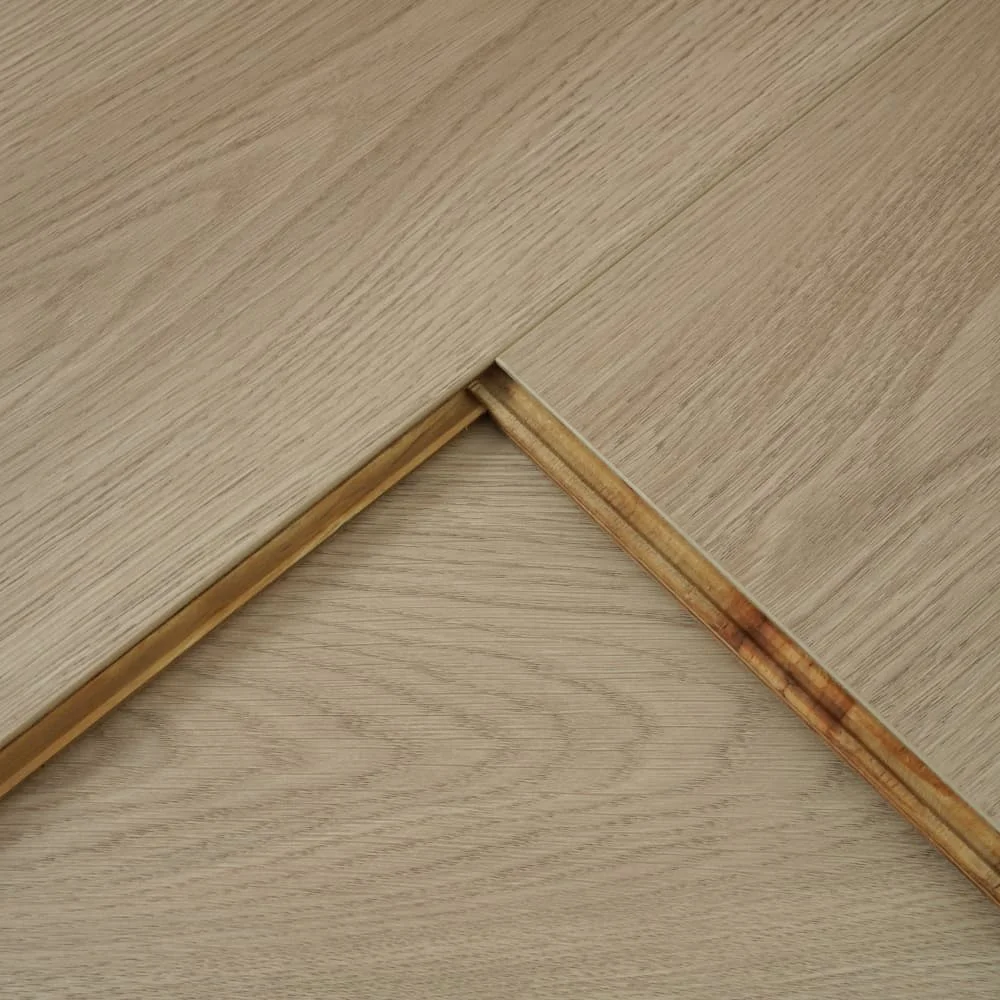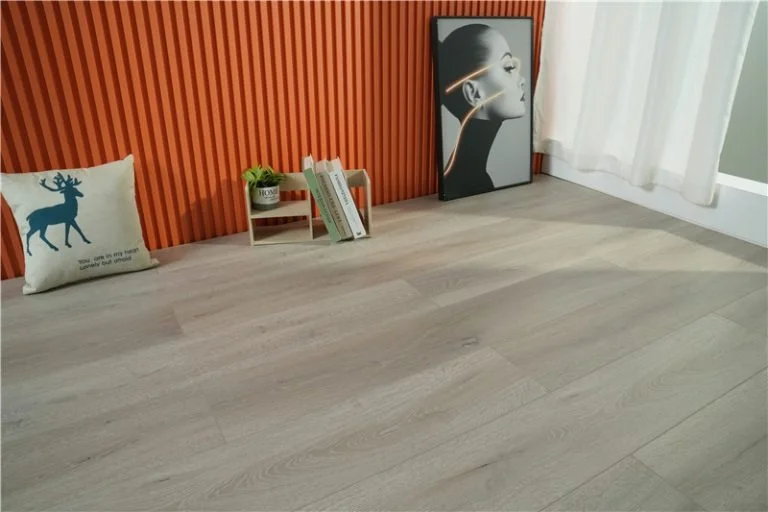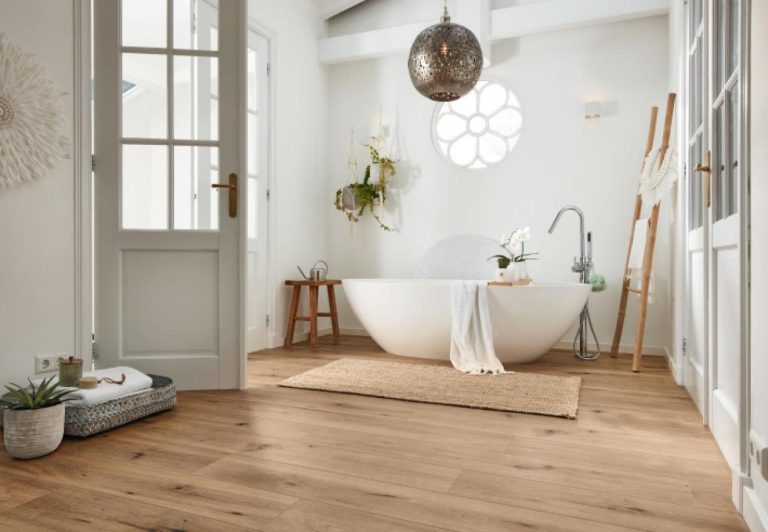
How Does the Thickness of Engineered Wood Flooring Affect Its Performance?
What Is Engineered Wood Flooring Made Of and Why Does Thickness Matter?
Engineered wood flooring is a mix of layers. The base is made of layers stacked crisscross to stay strong. Fancy wood goes on top, glued with resin, and pressed with heat to make it tough.
The thickness includes the whole board and the top layer, called the wear layer. Boards are usually 12mm to 20mm thick. The base layers make the floor steady. The top layer makes it pretty and lets you fix it later. Thicker boards are tougher, which matters for busy spots or heavy stuff.

How Do 12mm and 20mm Engineered Wood Floors Compare in Performance?
Choosing between 12mm and 20mm floors means thinking about what your space needs. Thicker 20mm boards are super tough. They handle heavy things, like big furniture, because their base is dense. They stay steady in busy areas, like shops or living rooms.
YeHui’s three-layer 20mm floors don’t bend, warp, or crack easily. They work great even in wet or changing weather. Plus, they block noise better, which is awesome for apartments or offices.
Thinner 12mm floors are less heavy but still strong. They’re good for smaller spaces or where you want heat to come through easily. Both types need a water barrier in damp places to stay safe.
How Important Is Veneer Thickness for Longevity?
The wear layer is the top part you walk on. It decides how long your floor lasts. A thicker wear layer, like 4-6mm on YeHui’s 20mm floors, lets you sand and refinish it a few times. This can keep your floor looking new for years, even in busy spots.
For 18mm or 20mm floors, you can sand them down and repaint them after they wear out. This makes them last longer and keeps their value high. Thinner 12mm floors might have a 1-2mm wear layer. You can only sand them lightly once or twice, so they don’t last as long.
Which Installation Methods Are Compatible With Different Thicknesses?
How you put down your floor matters a lot. Thinner 12mm floors work great for floating floors, where planks click together without glue. It’s easy and fast. Thicker 20mm floors are better for glue-down or nail-down methods. These make the floor feel super solid.
The subfloor type matters too. Concrete floors like glue-down setups. Wooden subfloors work better with nails. Thicker 20mm boards hold nails and glue better, so they stay put longer.
Can You Use Engineered Wood Flooring Over Radiant Heating Systems?
Yup, you can use engineered wood with heated floors! Thinner 12mm floors let heat come through faster because they’re less thick. This makes them great for homes with radiant heating.
Thicker 20mm floors, like YeHui’s, are steady and work well with heating too. But you need to keep the room’s air not too wet or dry. Use temperature controls to stop the wood from shrinking or growing too much.
What Maintenance Differences Should You Expect Over Time?
Thicker 20mm floors are tougher against dents. Their dense build handles bumps better. They’re also easier to fix because of their thick wear layers. You can sand and refinish them more times.
This makes thicker floors a better deal over time. They cost more at first, but they last longer, especially in busy places like stores. Thinner 12mm floors need gentler care since they can’t be sanded as much.
Which Thickness Is More Suitable for Your Space Type?
For homes, like bedrooms or hallways, both 12mm and 20mm floors work well. It depends on how busy the area is. Here’s the scoop:
- 12mm Floors: Great for tight budgets or homes with heated floors. They’re lighter and easier to install.
- 20mm Floors: Perfect for fancy homes wanting a solid feel and long life.
In busy places, like offices or hotels, 20mm floors are better. They’re super tough and quiet, which is great for noisy spots.
What Are the Key Features of YeHui’s Engineered Wood Flooring Products?
YeHui makes awesome engineered wood flooring that’s tough and eco-friendly. Their 12mm and 20mm options use SGS-certified glue with no bad chemicals and wood from sustainable forests. They’re kind to the planet!
YeHui’s 12mm floors are great for projects watching costs or needing heat to pass through. Their 20mm floors have thick wear layers, perfect for fancy homes or busy shops. They use a German full-glue method for extra strength, making floors last longer in tough weather.
You can also pick custom Pantone/RAL colors with YeHui. This lets you match your floor to your home’s style perfectly.
How Should You Choose Based on Building Type and Usage?
In tall buildings, like apartments, thicker 20mm floors are great. They block footstep noise better. For busy spots, like hallways or store entrances, a thick wear layer is a must to handle all the walking.
If you want cool designs, like beveled edges or special colors, make sure the floor is still strong. YeHui makes their floors with care, from picking wood to building and selling, so you get a top-notch product.
Summary of Key Considerations When Choosing Between 12mm and 20mm
Picking between 12mm and 20mm floors is about what works for you:
- Durability: Thicker 20mm floors last longer.
- Heat: Thinner 12mm floors are better for radiant heating.
- Installation: Both work with different methods, but thicker floors are sturdier with glue or nails.
- Care: Thicker floors can be sanded more times.
- Cost: Thicker floors cost more but save money over time.
Choose what fits your space and check out YeHui’s cool floors for a stylish, green choice.
FAQ
Q1. Can I install engineered wood flooring directly over tiles?
A: Yes! Make sure the tiles are flat and clean. Floating installation is easiest. Check YeHui’s guides for subfloor tips.
Q2. How many times can I refinish my engineered floor?
A: It depends on the wear layer. A 4-6mm layer on 20mm floors can be sanded up to three times. Thinner 12mm floors might only handle light sanding once or twice.
Q3. Is there a noticeable difference in sound between thin and thick boards?
A: Totally! Thicker 20mm floors are quieter because they’re heavier. They stop noise from traveling between floors better.





